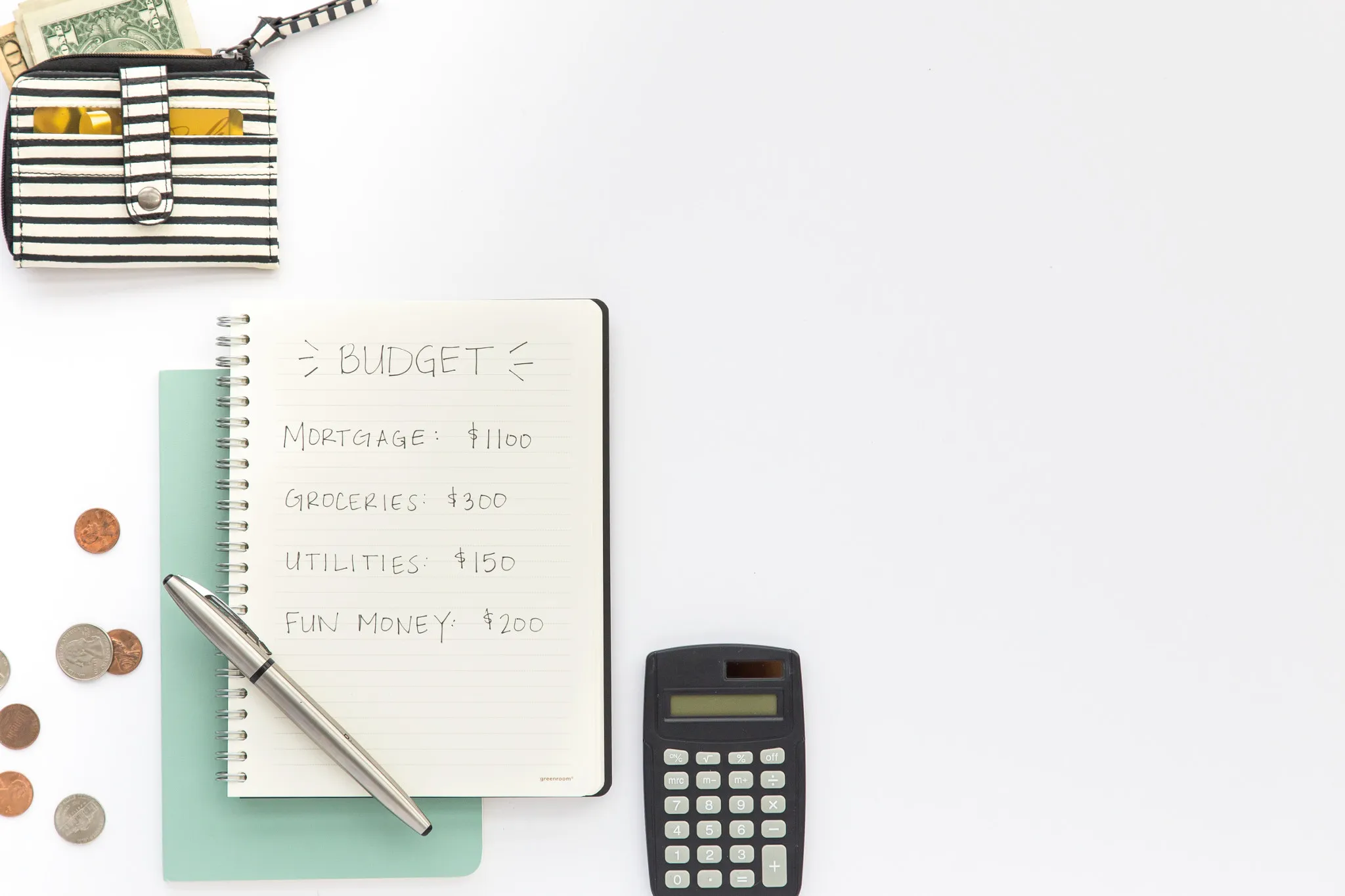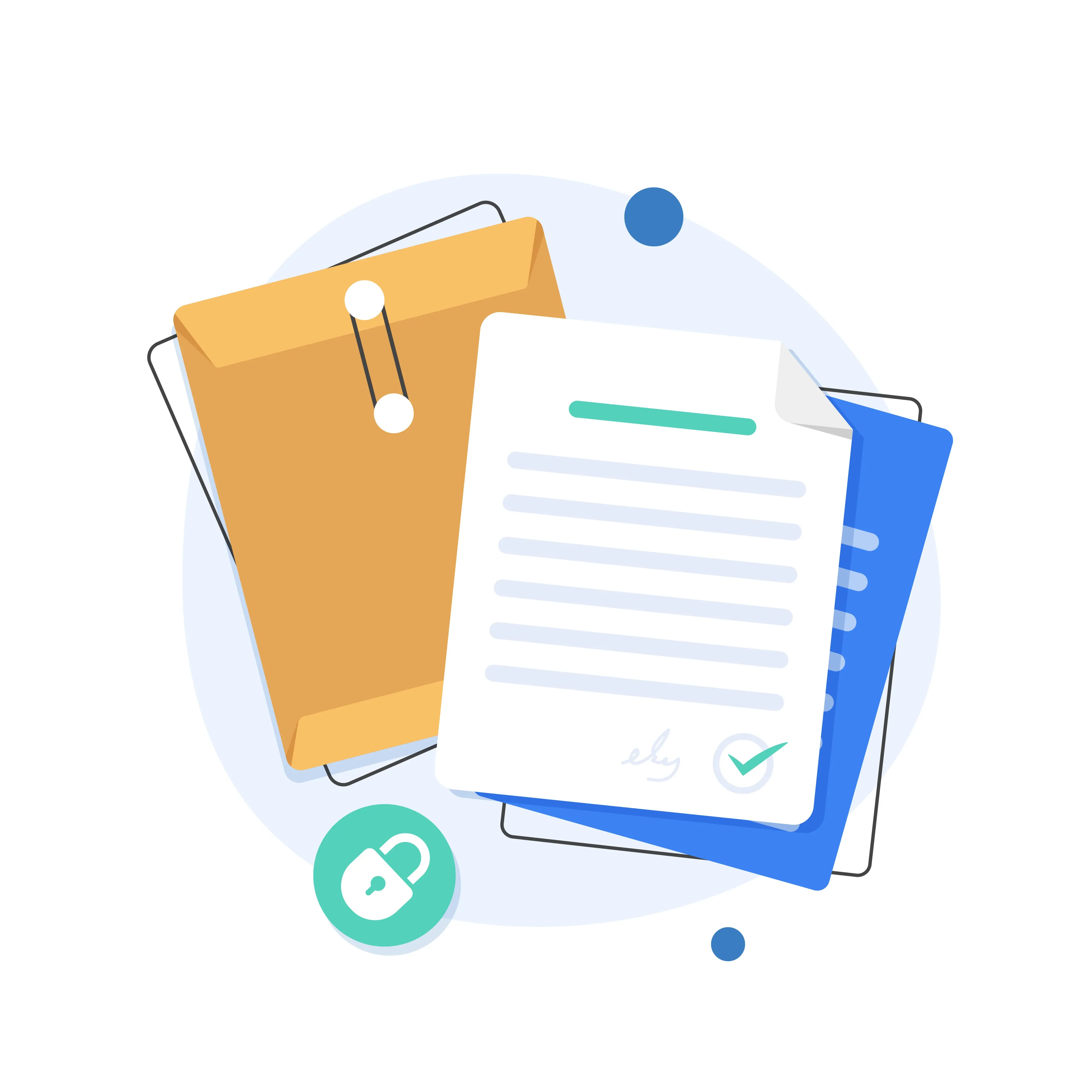

Today’s world is a digital one. It’s hard to escape – even when you want to. We trust the internet with a large amount of information about us, especially our finances.
It makes sense – who doesn’t love online shopping? Performing financial transactions online is quicker, environmentally-friendly and less to keep up with versus handling in person or via paper, which is typically less convenient.
However, with the internet being the storehouse for all our transactions and financial processes we have to be careful with how we interact online and what we share. So, how can we use the internet and keep our finances safe? Let’s look at 5 attitudes that will help you deal safely on the internet:
If you sign up for a card, account or loan ask how your info will be used and who will have the ability to see it. Read paperwork or online terms that you sign or agree to and ask questions about anything that confuses you.
If someone on the phone, through email or text asks for personal info – don't provide it without reason. If you didn't contact them first, ask to see them in person or to see paperwork before sharing personal information. No one dealing legally with finances will demand personal information or ask for it immediately.
Don’t be the one who doesn’t catch fraud because you never check your accounts. Log in at least weekly and be sure you can account for charges and that proper deposits have been made. Alert your financial institution immediately if you lose a payment card or fear illegal activity.
When shopping online, don’t just buy something from a site you’ve never heard of or researched. Read reviews and research brands or companies online. If you don’t find information or you find bad information – don’t purchase from them. Never have your card information stored in a store’s website – even if you trust it.
Change your passwords regularly and make them complex. Update security questions regularly as well.
Try to use multi-factor authentication to log into your accounts and applications where it is available (this is adds an additional step to gain access after entering your login credentials usually it's a code sent to your email or phone).
Set up alerts on your accounts and devices to notify you of sign-in activity that happens in uncommon locations versus your usual location. These steps may feel annoying, but they can discourage hackers.
Be aware of the patterns in your log in or spending activity and try to change it up from time to time where you can. Log out of email, social media and other sites and applications after browsing sessions. Don’t post or list where you bank or live.
Adopt just one of these attitudes and you’re on your way to being safer online. Read more below!